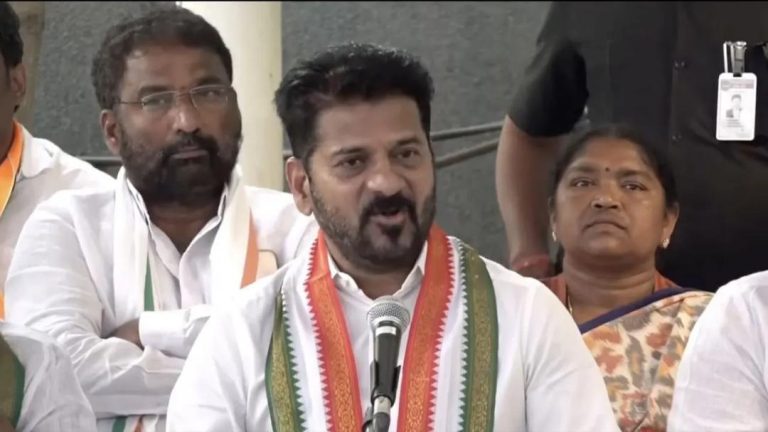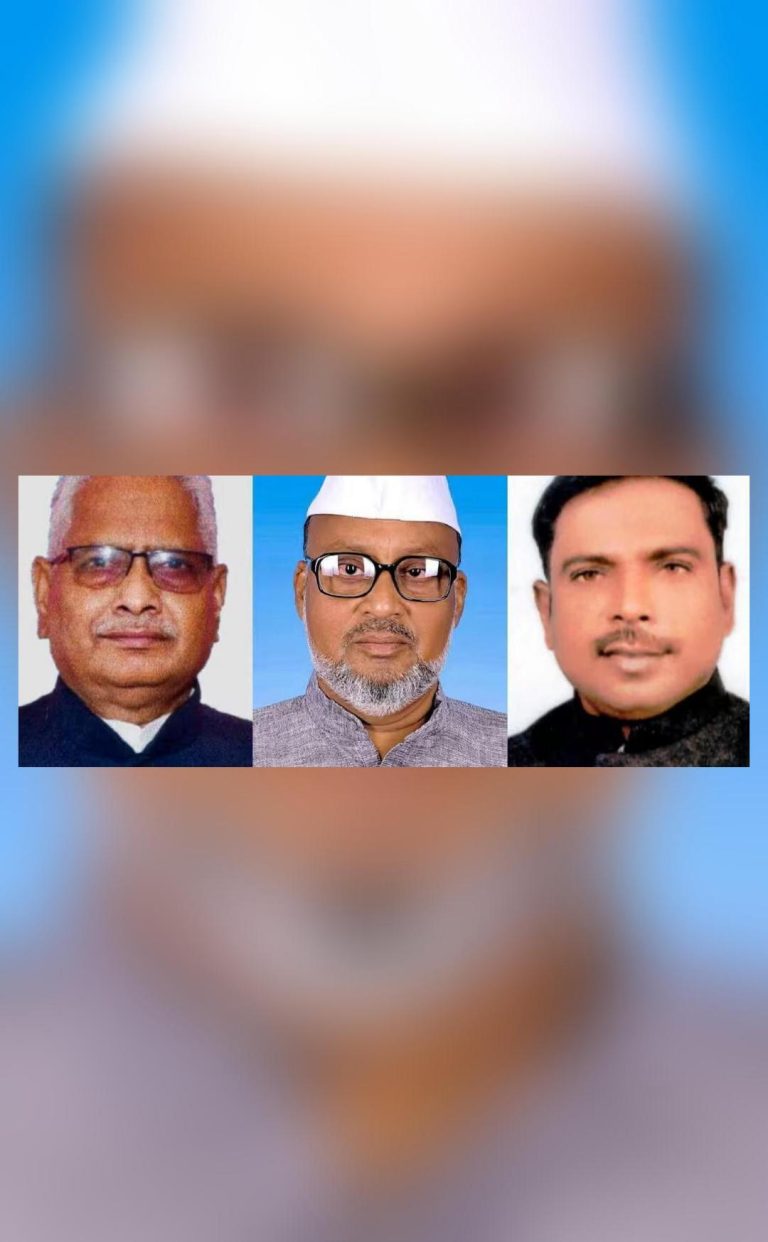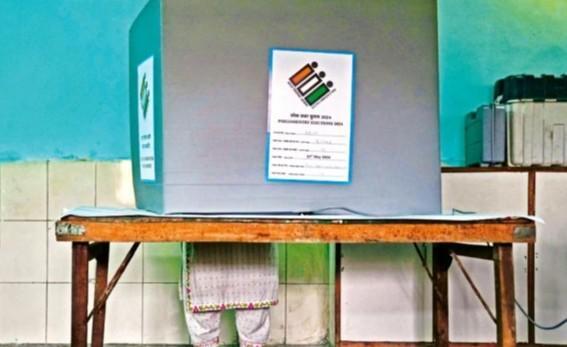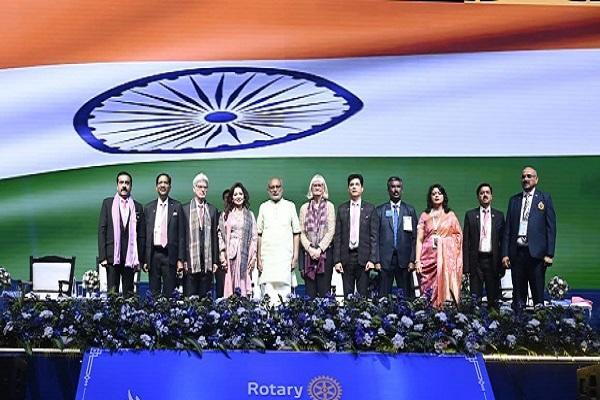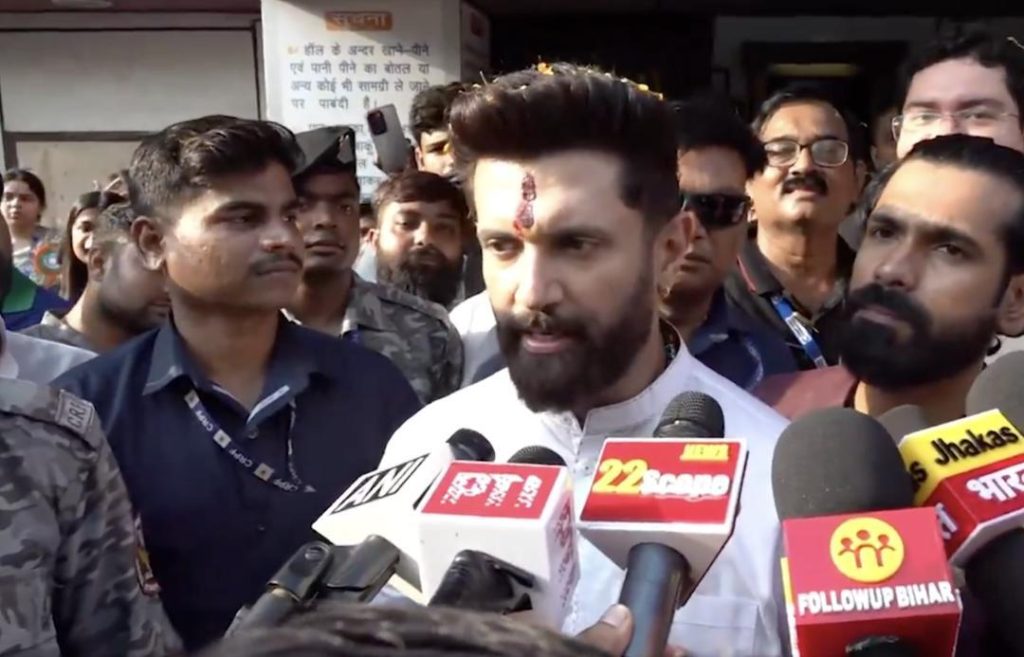
Excuse for Losing Bihar: Paswan on Rahul’s ‘Match-fixing’ Op-ed
In a recent op-ed, Congress leader Rahul Gandhi ignited a controversy by accusing the ruling government of “match-fixing” in the upcoming Maharashtra assembly elections. However, Union Minister Chirag Paswan, from the NDA alliance, has taken a strong exception to Gandhi’s remarks, calling it a “very detailed, written excuse for losing the upcoming Bihar, West Bengal, and Assam assembly elections.”
Paswan’s reaction comes in response to Gandhi’s op-ed, where he alleged that the government is manipulating the electoral process by adding fake voters to the electoral rolls. Paswan, however, dismissed Gandhi’s accusations, stating that the Electronic Voting Machines (EVMs) are “done and dusted,” and that the new “hue and cry” is about adding fake voters to the rolls.
The controversy surrounding Gandhi’s op-ed has sparked a heated debate, with many questioning the validity of his claims. Paswan’s response, therefore, is significant, as it highlights the potential implications of Gandhi’s remarks on the upcoming elections in Bihar, West Bengal, and Assam.
In his op-ed, Gandhi alleged that the government is trying to rig the electoral process by adding fake voters to the rolls. He claimed that this is being done to ensure a favorable outcome in the upcoming elections, particularly in the key states of Maharashtra, Bihar, and West Bengal. Gandhi’s allegations have sparked widespread outrage, with many accusing the government of attempting to undermine the democratic process.
Paswan, however, has rejected Gandhi’s claims, stating that the government is committed to ensuring free and fair elections. He pointed out that the EVMs are already in place, and that any attempts to tamper with the electoral process would be detected. Paswan’s response is significant, as it highlights the potential consequences of Gandhi’s allegations on the credibility of the electoral process.
Gandhi’s op-ed has also drawn criticism from other opposition parties, with many accusing him of playing politics at the expense of the democratic process. The Congress leader’s allegations have been seen as an attempt to distract from the party’s own failures and to create a narrative of government oppression.
Paswan’s response, therefore, is significant, as it highlights the potential implications of Gandhi’s remarks on the upcoming elections. By dismissing Gandhi’s claims and accusing him of creating a “written excuse” for losing the elections, Paswan is sending a strong message to the opposition parties.
The controversy surrounding Gandhi’s op-ed has also drawn attention to the issue of electoral reforms. Many have called for the introduction of a robust electoral management system, including the use of voter-verifiable paper trails, to ensure the integrity of the electoral process. Paswan’s response, therefore, is significant, as it highlights the need for electoral reforms to ensure the credibility of the democratic process.
In conclusion, Paswan’s response to Gandhi’s op-ed is significant, as it highlights the potential implications of Gandhi’s remarks on the upcoming elections. By dismissing Gandhi’s claims and accusing him of creating a “written excuse” for losing the elections, Paswan is sending a strong message to the opposition parties. The controversy surrounding Gandhi’s op-ed has also drawn attention to the issue of electoral reforms, and Paswan’s response is significant, as it highlights the need for electoral reforms to ensure the credibility of the democratic process.
